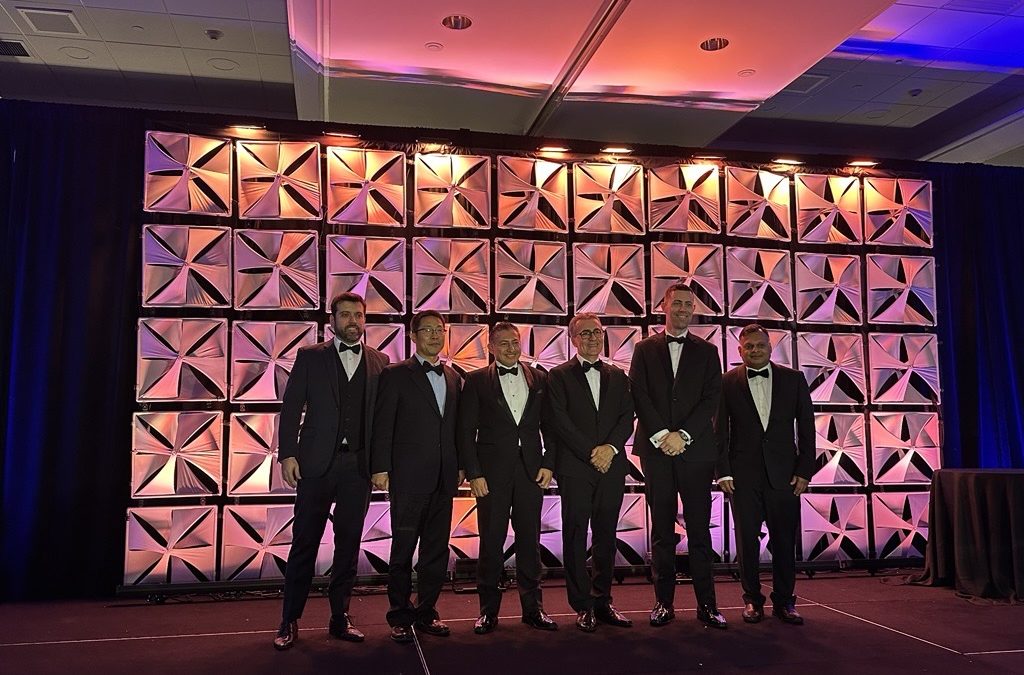How can companies stay ahead in the fast-evolving immune-oncology landscape?
Frost & Sullivan’s TechVision webinar series delved into the exciting domain of “Transforming Cancer Care: Cutting-Edge Innovations in Immuno-Oncology.” This engaging discussion yielded pivotal contributions that are shaping the future of the industry, thanks to the collaborative efforts of visionary experts.
The following experts came together to share their transformative perspectives:
- Sudeep Basu, Growth Expert & Senior Consulting Director, Frost & Sullivan
- Vandana Iyer, Growth Expert & Research Director, Frost & Sullivan
- Maloy Ghosh, Chief Scientific Officer, Zumutor Biologics Inc.
Note: Gain valuable perspectives from these industry experts by clicking here to access the recorded session of the Think Tank.
Here are the key takeaways from this insightful discussion:
- Immune Checkpoint Inhibitors (ICIs): ICIs remain the cornerstone of I-O, with the most Food and Drug Administration (FDA)-approved drugs in this category. These agents are applicable across a wide range of cancers, including both solid and haematological malignancies.
- CAR-T Cells: As the largest class in adoptive cell therapy, CAR-T cells are being engineered for greater precision, reduced toxicity, and durable anti-tumor responses. Advancements aim to address challenges like modulating the tumor microenvironment (TME), preventing antigen escape, and ensuring broader tumor applicability.
- CAR-NK Cells: CAR-NK cells offer advantages over CAR-T cells, including better safety and faster action. However, challenges such as limited persistence, tumor infiltration, and resistance remain. NK92, a commonly used tumor cell line in CAR-NK trials, allows for easier ex vivo expansion and cost-effective manufacturing.
- Surge in I-O Transactions: Since 2020, I-O transactions have more than tripled, making it the leading technology in oncology. The surge in deals continues into 2023-2024 as companies expand their I-O portfolios with therapies in various stages of clinical development.
- Focus Areas for Innovation: Companies are diversifying their I-O portfolios with a focus on key therapies such as targeted antibodies (including antibody-drug conjugates [ADCs] and multi-specific antibodies), cell therapies, and cancer vaccines, aiming to drive the next wave of oncology innovation.
The advancements discussed during this session underscore the transformative potential of immune-oncology therapies in reshaping cancer care. As immune checkpoint inhibitors, CAR-T cells, CAR-NK cells, and other cutting-edge treatments continue to evolve, the opportunities for breakthrough innovations in oncology are expanding. Industry players who stay at the forefront of these developments, particularly through strategic transactions and investments, will be well-positioned to drive future growth in this dynamic field.
To dive deeper into these transformative ideas and stay ahead in this rapidly advancing field, access the recorded session here.
“CAR-NK cells were initially overlooked in immunotherapy due to limited research compared to CAR-T cells, which were seen as the ‘silver bullet’ for tumor treatment. However, as we have come to understand, CAR-NK cells offer a unique advantage – they can be activated from the body’s own immune system and do not require MHC matching, making them ideal for allogeneic therapies. The challenge remains in effectively activating and maintaining these cells in vitro, ensuring they retain their potency when reintroduced into the body. Despite these hurdles, CAR-NK therapy holds immense potential in transforming cancer treatment.”
Maloy Ghosh, Chief Scientific Officer, Zumutor Biologics Inc.
 “CAR-NK cells were initially overlooked in immunotherapy due to limited research compared to CAR-T cells, which were seen as the ‘silver bullet’ for tumor treatment. However, as we have come to understand, CAR-NK cells offer a unique advantage – they can be activated from the body’s own immune system and do not require MHC matching, making them ideal for allogeneic therapies. The challenge remains in effectively activating and maintaining these cells in vitro, ensuring they retain their potency when reintroduced into the body. Despite these hurdles, CAR-NK therapy holds immense potential in transforming cancer treatment.”
“CAR-NK cells were initially overlooked in immunotherapy due to limited research compared to CAR-T cells, which were seen as the ‘silver bullet’ for tumor treatment. However, as we have come to understand, CAR-NK cells offer a unique advantage – they can be activated from the body’s own immune system and do not require MHC matching, making them ideal for allogeneic therapies. The challenge remains in effectively activating and maintaining these cells in vitro, ensuring they retain their potency when reintroduced into the body. Despite these hurdles, CAR-NK therapy holds immense potential in transforming cancer treatment.”




